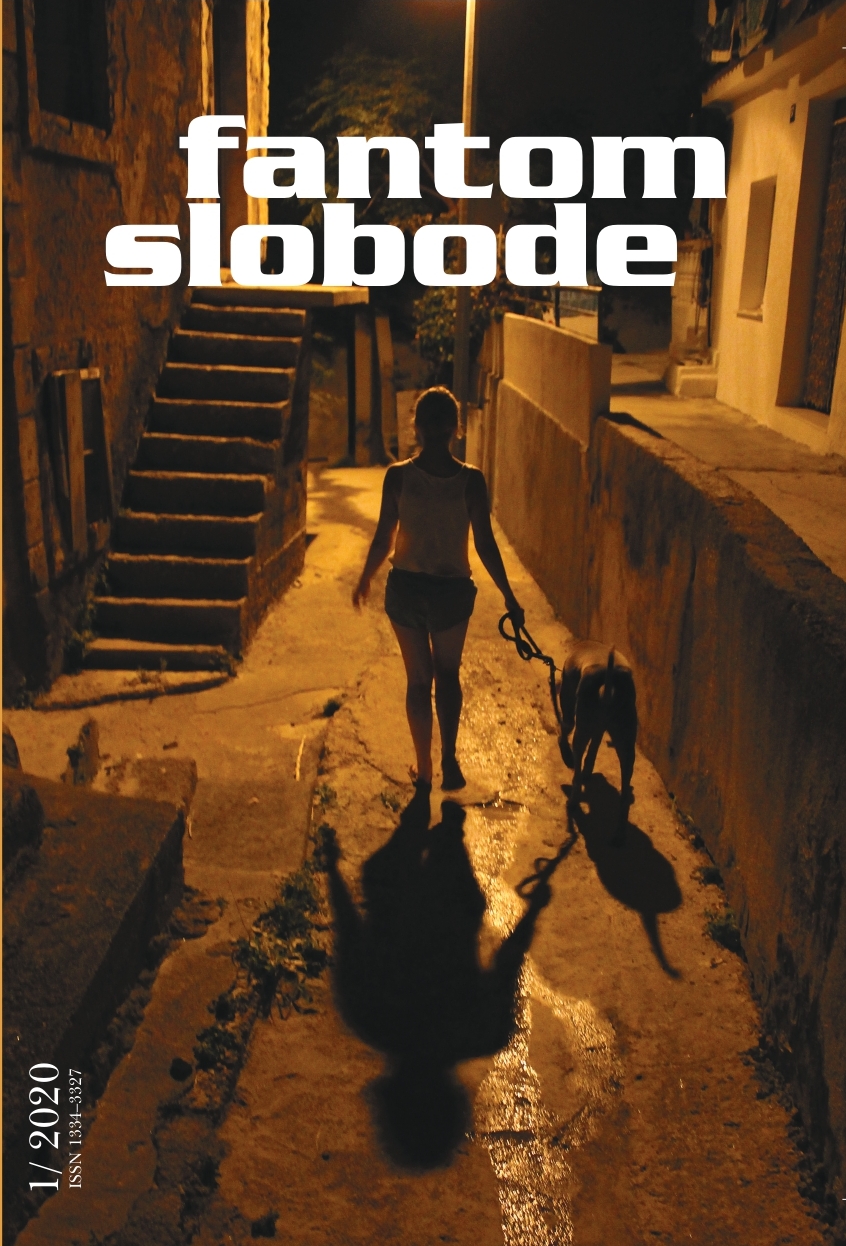
We kindly inform you that, as long as the subject affiliation of our 300.000+ articles is in progress, you might get unsufficient or no results on your third level or second level search. In this case, please broaden your search criteria.

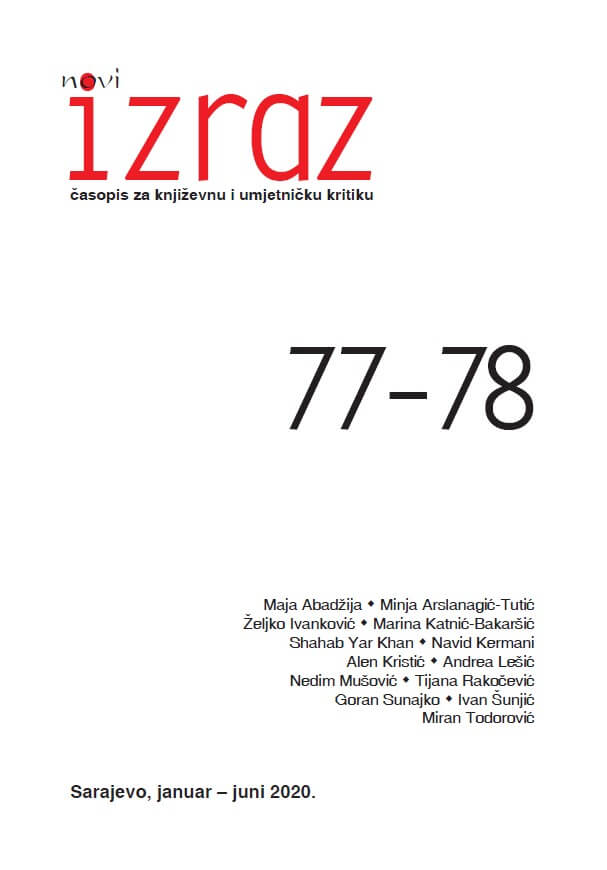
Ne bi se to smjelo nazvati slučajnošću: ako su, kako je to Heidegger formulisao, poezija i filozofija “dvije naspramne planine na kojima se govori o istoj stvari”, iz toga nužno proizilazi ubijeđenost (a ne pretpostavka) da je njihova gotovo erotska solidarnost u istoj nakani jedini način da se nepotkupljivoj politici teksta priđe s obje strane. Istina, to u prvi mah, čini se, nema nikakve veze sa čitaocem, sa njegovom potrebom da stvaraoca ne legitimiše nego da ga vjerno i bezumno voli, ali ima sa djelom u čijem su stvaranju obje pomenute planine učestvovale; neka se jedno takvo nazove logos, posljednji oblik, sa kog su otpali suvišni djelovi, koje je prvobitno predočeno kao čisto, kao savršeno, iako nikad nije bilo tako – ono je to postalo u trenutku kada je autor, makar i u šali, izgovorio: “Ovo je moja posljednja knjiga.” Goranovićev stih je, dakle, otjelovljenje logosa – više od dorečenog, više od izuzetnog. Više od poezije.
More...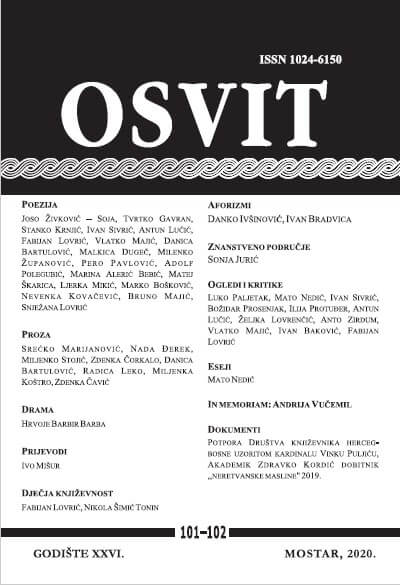
Poetry by Milenko Županović ("Zastava", "Heroji", "Gospa od Škrpjela", "Sudbine")
More...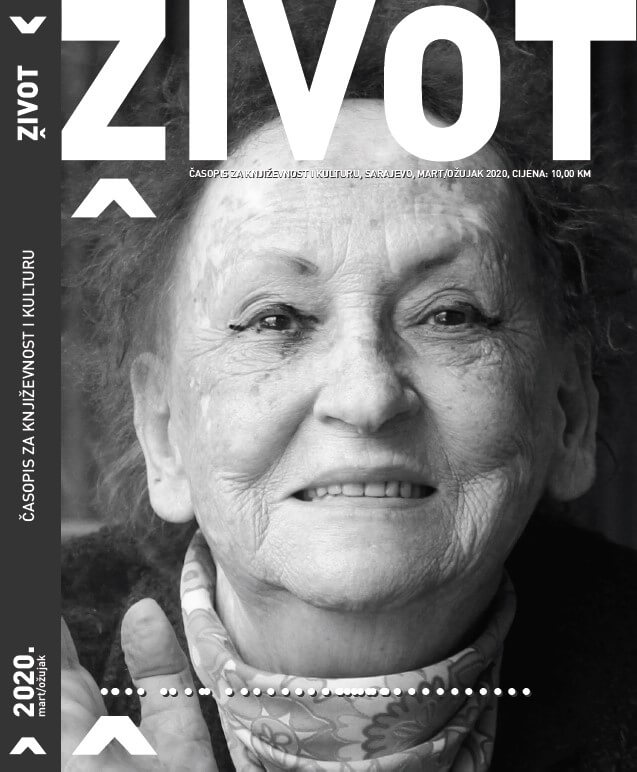
Poetry by Boris Jovanović Kastel ("Vatre"; "Zadah mastike i morske ptice"; "Jedrilice svetice"; "Crvena dugmad"; "Lovac na krhotine"; "Valovanja"; "Palata")
More...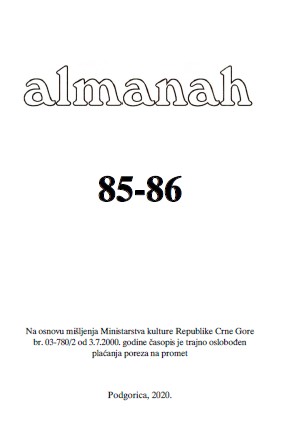




Kad zavirim u tekst nekog od mlađih savremenika čije ime počinje da se nameće svojim sve agresivnijim prisustvom u književnoj javnosti ugrožavajući i važeća zvučna imena, ne mogu a da se prvo ne potrudim rasvijetliti šta mu je pred njegovo pisanje bilo najbliže kao lektira, ko mu je prvenstveni uzor i na kojoj li je liniji, kojoj se skupini priključuje, pridružuje i koji pravac drži, pri čemu lukavo motrim i da li kog zapravo oponaša i kraducka ili pak, kao oni rijetki, samo uzlijeće uz jak odrazn sa stamenog ramena nekog gorostasa. Međutim, odavno već afirmisani pjesnik Dino Burdžović kao onaj ko, svi su znaci, od prvih koraka živi sa književnošću i u svojim policama, očito, drži probranu i raznovrsnu literaturu, jednu univerzalnu kućnu biblioteku, danas sa svojom prozom – koja se bogami doživljava nekako kao da smo iz raspoloživoga knjižnog fonda uzeli nešto što se ne zaobilazi – bio mi je poprilično neuhvatljiv.
More...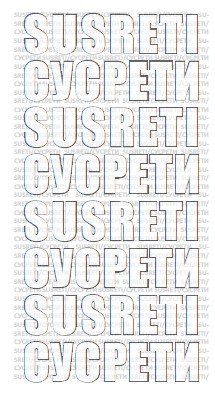
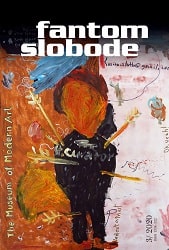
Poems written by Jana Radičević: sa mamom u frizerskom salonu; rođendan; u zoo vrtu; ribizle; u supermarketu; na recepciji hotela; jato ptica; oznake; tačka zarez.
More...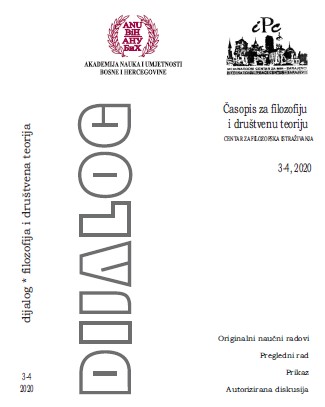
Review of: Esad Bajtal - Borislav Jovanović, ZIMSKA ŠKOLA FLAUTE: Romaneskno-esejistička bilježnica vječito bivšeg i vječito ličnog ljevičara, Izdavač: JU Narodna Biblioteka „Radoslav Ljumović“ Podgorica, 2021.
More...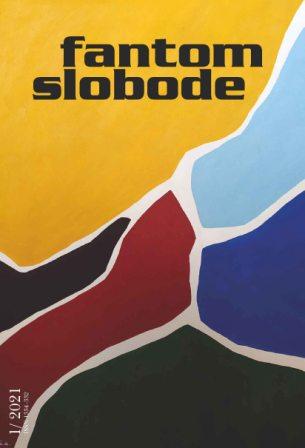
Poetry written by Andrija Radović ‒ 7 pjesama Andreja Arsenijeviča Tarkovskog koje on nije napisao -izvod iz Kalendara stradanja (Solarni ždralovi, Ptičije pero, Bogočovjek, Hrast, Sloboda ili brkovi, Zatvoreni sanduk, Jednog utorka u avgustu 1975.)
More...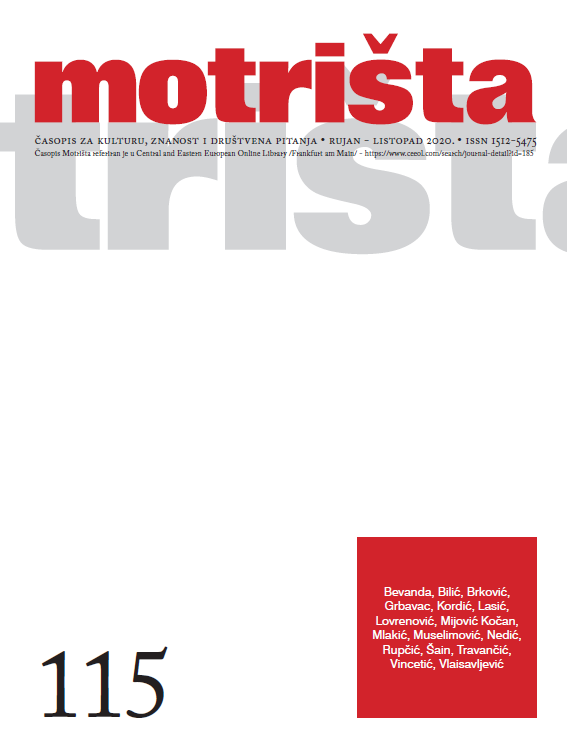

Review of: Josip MUSELIMOVIĆ - Ilija Radulović, Proricanje prošlosti (Prometej, Novi Sad, 2020.)
More...

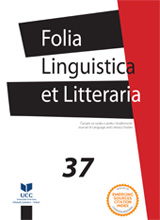
This article discusses the circumstances in which Niccolò Tommaseo, an Italian writer of Dalmatian origin, included three poems from the Montenegrin literary periodical Grlica (1835-1839) in his collection of Italian translations of “Illyrian” folk poetry (Canti illirici, 1842), published in Venice. In this regard, the research pointed to the mediating role of the German romantic poet Heinrich Stieglitz, author of a travel book about Montenegro (Ein Besuch auf Montenegro, 1841). In the autumn of 1839, Stieglitz visited the Montenegrin Metropolitan and poet Peter II Petrović Njegoš in Cetinje, wherefrom he presumably brought copies of this first Montenegrin periodical to Venice. Also discussed is the possible influence that Tommasseo’s activities on collecting South Slavic folk poetry in Dalmatia had on the creation of the anthology of epic poems Serbian Mirror, which Njegoš composed after his first meeting with Tommaseo in January 1844.
More...
Science has not yet written the last word when it comes to the complexity of the work and personality of Peter II Petrovic Njegos. His existence marked a short segment of Montenegrin history (1813-1851), but he established himself as an inviolable beacon of Montenegrin and South Slavic cultural heritage. The cultural-memorial reflection of Njegoš's oeuvre must include considerations at various levels. It embraces the role that his texts and political activity play in the formation of the national tradition, the relation of fictional discourse to the national past, the relation of the literary text to the cultural constructions of national identity, consideration of the representational role of the literary text as a constitutive part of the culture as a whole, problems of critical and historical literary canonization, etc. On the one hand, interpretation of Njegoš's legacy allows us to get a complete picture of the peculiarities of his poetic code. On the other hand, it enables us to see his work as a cultural-memory matrix without which it is impossible to imagine the coordinates of Montenegrin cultural identity. Within such research, the uniqueness of what was said gains its entire meaning through a network of attitudes towards language, tradition, ideology. On the intersections of these networks are projected many symbols fused into a matrix of timeless paradigms, i.e., all ethical, aesthetic, poetic categories and identity patterns contained in the whole of Njegoš's legacy. Although each of Njegoš's texts represents an ideologically and thematically independent semantic whole, by carefully reading his entire legacy, we come across intersection points, which opens the possibility of chaining the meaning and expanding the reference planes of the semantic constituents of the text.
More...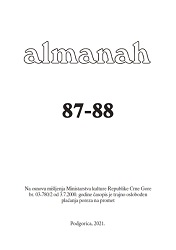
Poems written by Beća Kujević: *Rekao je babo *Majka *Kula *Moje ime nije ćutnja
More...